Science Subject Leader: Mr R Vaughan
For any more information on Stone St. Mary’s Science Curriculum, please contact the office.
In Science children are able to learn in a variety of ways about how the world around them works. Science aims to develop foundational knowledge, understanding, skills and attitudes towards Science through first-hand experiences. Every child is viewed as a ‘flourishing scientist who is curious about the world we live in and can achieve good standards in the Science curriculum’.
Intent
The National Curriculum for Science aims to ensure that all pupils:
- develop scientific knowledge and conceptual understanding through the specific disciplines of biology, chemistry, and physics.
- develop understanding of the nature, processes, and methods of Science through different types of Science enquiries that help them to answer scientific questions about the world around them.
- are equipped with the scientific knowledge required to understand the uses and implications of Science, today and for the future.
At Stone St Mary’s C of E Primary school, we want our children to develop their curiosity so that they can gain a rich understanding of the world around them.
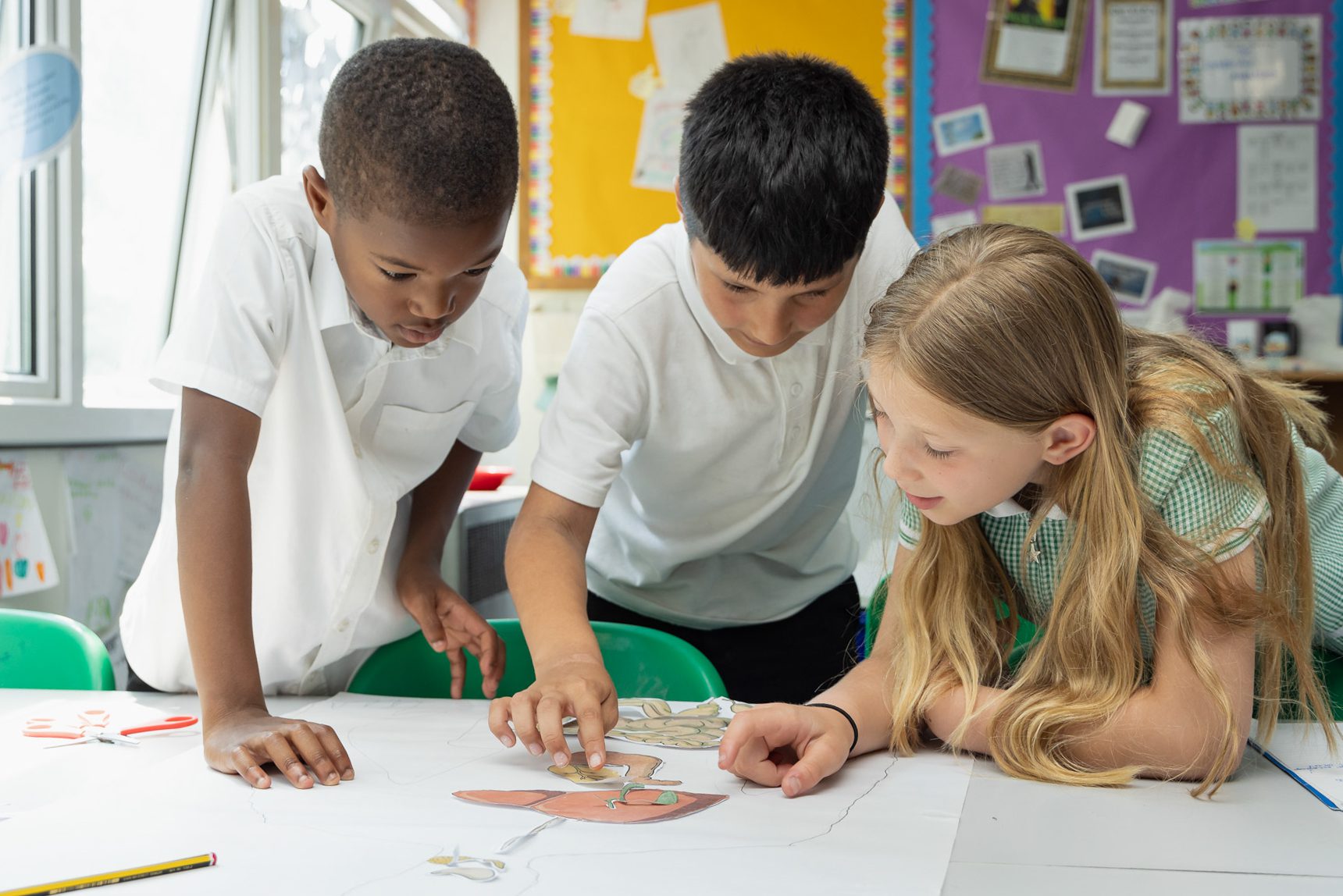
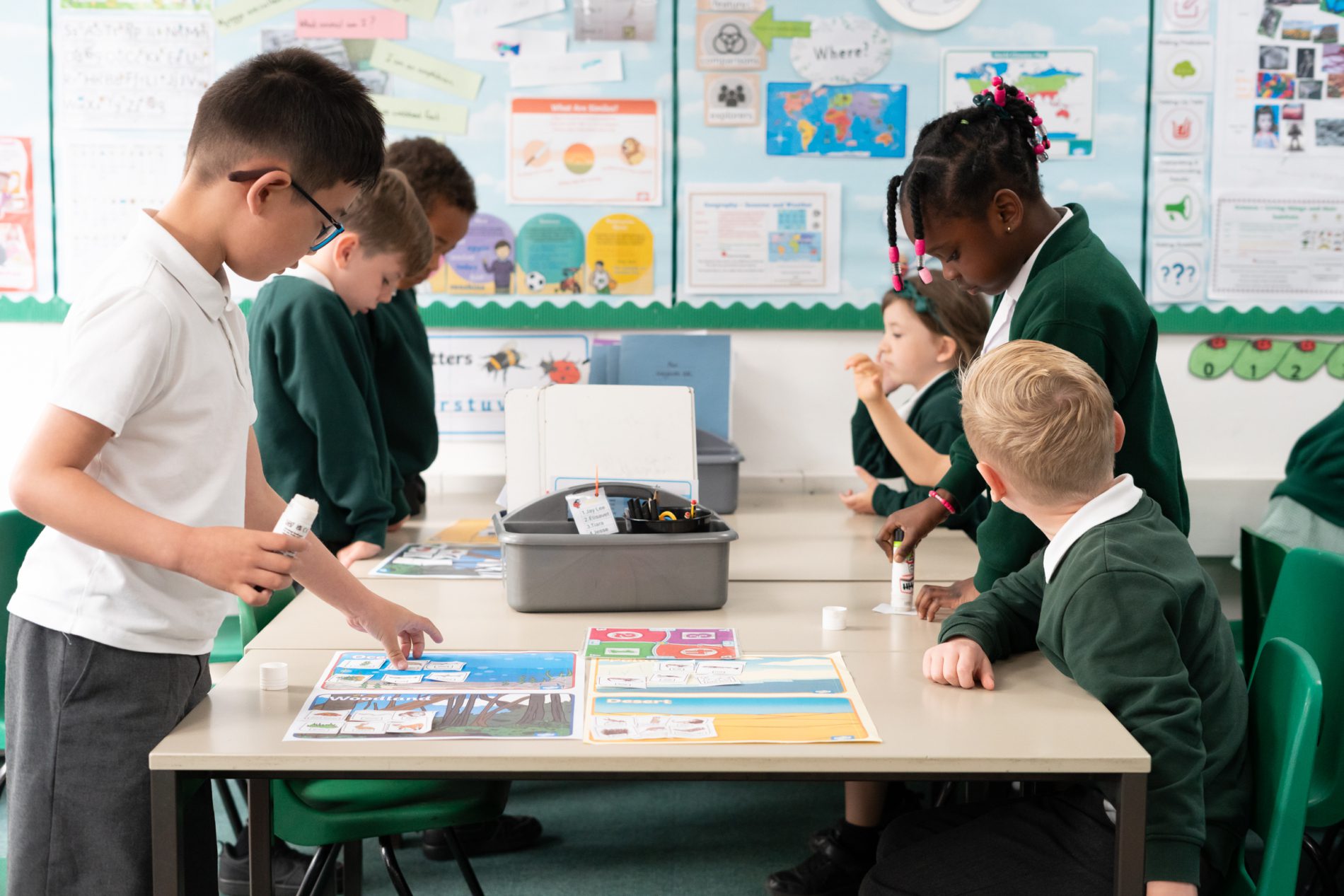
Implementation
To ensure our pupils receive a high-quality Science curriculum, we implement the following in our practices at Stone:
- Science topics are taught in line with the National Curriculum in KS1 and KS2.
- In the Early Years Foundation Stage (EYFS), Science is covered through ‘Understanding the world’.
- We ensure our Science topics build upon the progression of skills and knowledge.
- We ensure lessons build upon pupils’ prior knowledge and skills taught in existing year groups/phases to consolidate and reinforce learning.
- Take One ‘Science Investigation Week’ and ‘World Science Day’.
- Scientific workshops/local educational visits to make rememberable experiences for our children.
- We ensure our pupils have explicit teaching of the skills needed (question/predict/fair test/classify/grouping/find patterns in data when collecting and organising data) to conduct successful enquiries and experiments.
- Make relevant cross-curricular links where necessary.
- Build pupil vocabulary including working scientifically.
Impact
Children at Stone receive a high-quality education that equips them with the knowledge for understanding how Science shapes and influences their lives today. It allows children to see the importance to the worlds’ future prosperity, through our knowledge rich Science curriculum that progressively builds on children’s understanding of the world from EYFS to Year Six.
The emphasis on local educational visits, our extra-curricular Science club and ‘Be A Scientist Day’ here at Stone is encouraged to develop a passion for Science. Children are able to question and discuss science-based issues that may affect their own lives and encourage them to make an impact on the world.
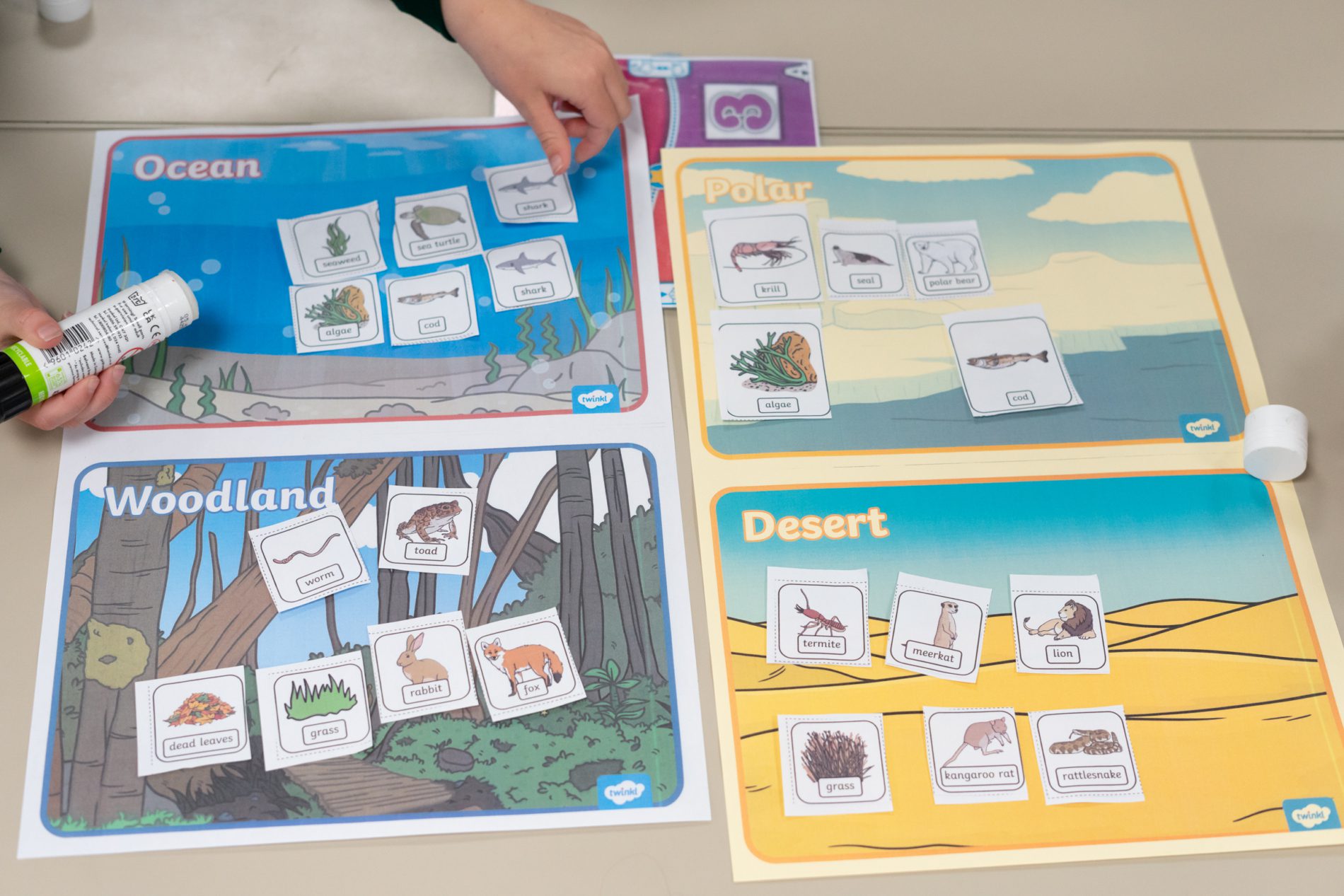
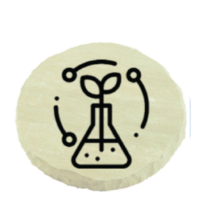
Biology
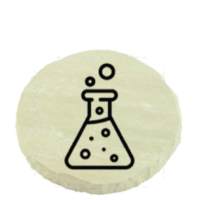
Chemistry
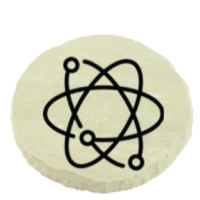
Physics
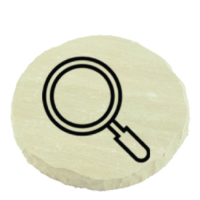
Investigation
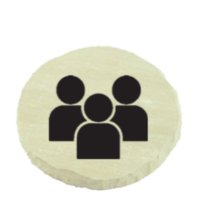
Scientists
Science in Each Stage
Our EYFS Science curriculum is underpinned by the area of learning ‘Understanding of the World’.
In EYFS, Science embraces our children’s natural curiosity to learn about the world around them through their own observations, both in and outside of school. We are very fortunate here at Stone, the excellent outdoor facilities in EYFS further support the teaching of Science.
Through adult led and child-initiated learning, we recognise that children need to have plenty of opportunities to gain knowledge of processes, (changing stages of matter & seasons) and the skills needed for ‘Working Scientifically’ to build a solid foundation, so that they can apply and develop their learning successfully later in the curriculum. We encourage our pupils to begin working scientifically through these milestones:
- Asking questions about what has happened.
- Observe using senses and simple equipment.
- Identify, sort and group.
- Record data in simple ways.
In Year One and Two, the focus is to enable pupils to experience and observe phenomena, looking more closely at the natural and humanly constructed world around them, as well continue to develop their curiosity. Children in KS1 are taught to use scientific methods, processes and skills built upon in EYFS using different types of scientific enquiry. We encourage our children to perform simple tests using observations, as well as gather and record data to answer their own scientific questions with guidance.
In Lower Key Stage Two (Year 3 and 4), pupils build upon our children’s understanding of ‘Working Scientifically’, they are taught to increase their scientific methods, processes, and skills further. Children are required to ask relevant scientific questions, set up practical comparative enquires and understand fair testing. They are expected to select effective equipment to make measurement with increased accuracy, use scientific language, gather, record and present data in different forms, as well as use results to draw conclusions. Children also need to identify differences, similarities or changes related to simple, scientific ideas and processes.
In Upper Key Stage Two (Year 5 and 6), our children will plan, set, and conduct different types of practical enquires, whilst recognising and controlling variables, as well as take accurate and precise measurements. Children are expected to record data of increasing complexity, as well as report and present findings of results to make scientific conclusions. They are also required to use appropriate techniques, apparatus, and materials during fieldwork and laboratory work.
Science Progression
SEND Information
Our SEND and disadvantaged pupils are given the necessary support in class to fully access the supported Science curriculum. Learning is adapted where necessary to support SEND/EAL pupils to give equal opportunities for all to be confident in approaching any problems faced. Interventions, support and challenges are constantly revised and adapted to ensure all children are supported in achieving learning. The above areas are robustly and continuously monitored to ensure any gaps in learning are addressed.


